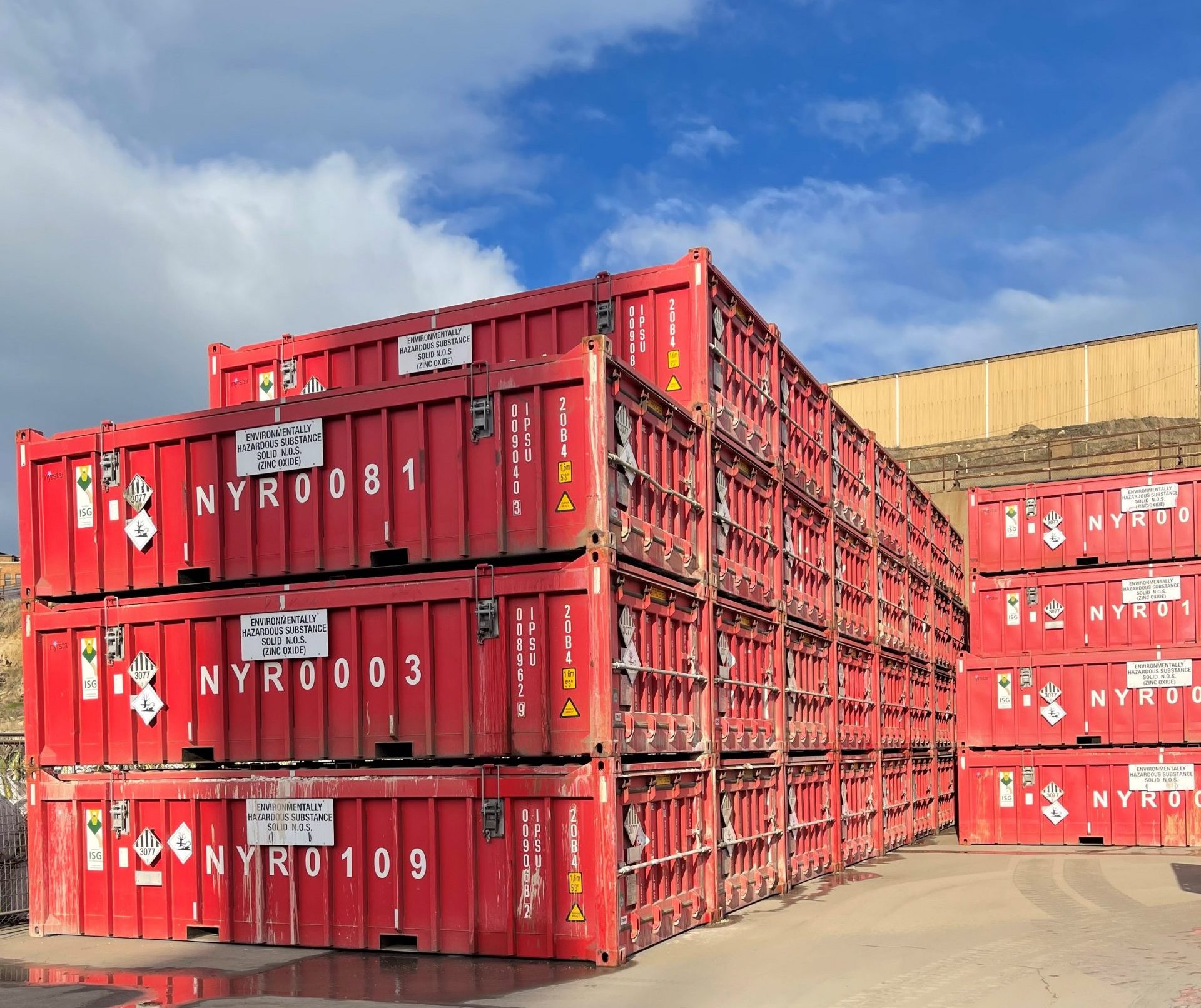
Expert Tips
Advancements in technology, like heavy equipment and high-speed communication, improved container shipment efficiency, revolutionizing global trade. Maritime and ocean transport industry is complex, vital, and handles almost 90% of global trade.
The basics of container &
maritime transport: where efficiency meets the sea
Tank, Reefer, and Standard Containers are frequently used for ocean freight. High-cube Standard Containers, sized at 40’, are in high demand due to their increased height. The most commonly used container sizes for deep sea transport are the 20’ and 40’.
The 20’ container has dimensions of 19.1 ft x 8 ft x 8.6 ft high and a weight capacity of 24 – 30.5 ts. The 40’ container measures 40 ft x 8 ft x 8.6 ft high and has a weight capacity of 30.5 ts. Additionally, companies use the 45’ standard container for intermodal and short sea shipping.
Size development of container vessels
Over the years, container vessels have increased in size and capacity, carrying up to seven times more TEUs than 40 years ago. The largest ships are transforming the shipping industry, approaching the limits of the Suezmax measurement. Though larger ships are generally safer and losses have decreased, they also accumulate greater risks and exposures on board and in ports. Specialized port infrastructure is needed to unload and repair container vessels with a capacity over 20,000 TEUs.
Ongoing growth of demand for goods

Maritime transport heavily supports global trade, with sea transportation carrying 80% of volume and 70% of value. Despite local market fluctuations and global crises, shipping volumes remain strong. In fact, consumer behavior shifting from services to consumer goods drove a surge in demand in 2021.
Author
EkaRelated posts
Navigating Challenges in Australian Container Flow
From Tasmania to main land The transportation of goods is a critical aspect of a
Zero-carbon fuel
Now it is the time for decarbonisation in shipping to set sail. A global carbon
Rail Vehicles
Rail transportation, like roads, has an important relationship with space since


